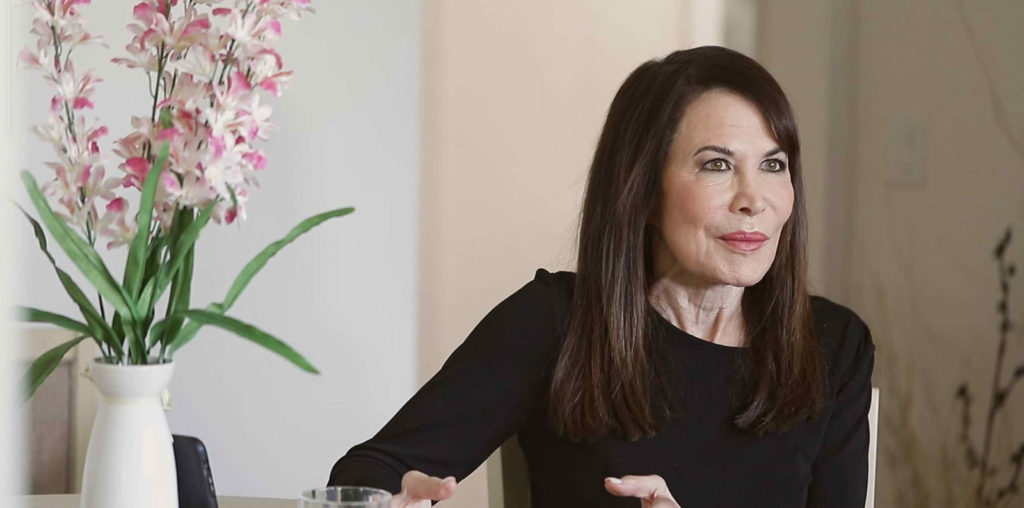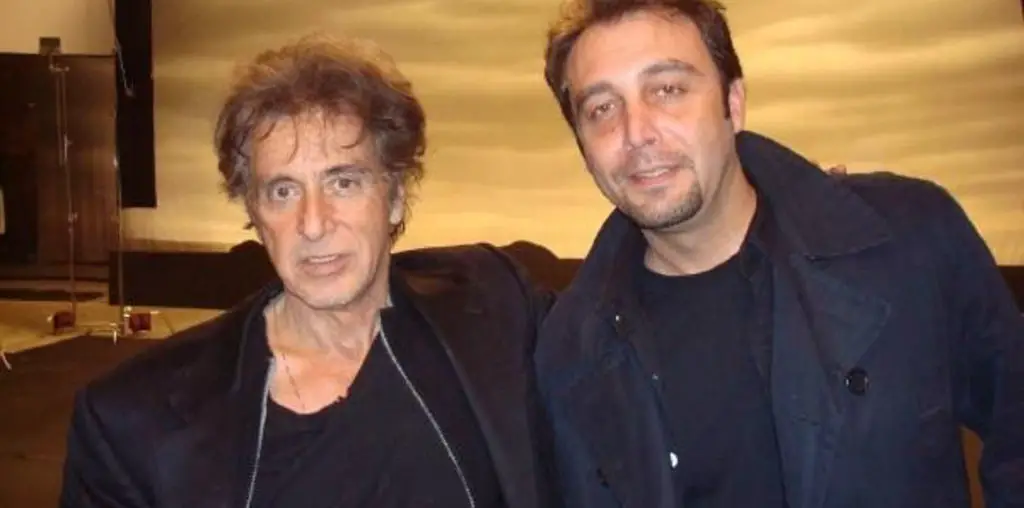
“In ‘Jailhouse Rock,’ he was everything Rockabilly’s about. I mean he was mean, surly, nasty, rude. In that movie he didn’t give a f**k about nothing except Rocking and Rolling, living fast, dying young, and leaving a good looking corpse. Y’know, I watch that hillbilly, I want to be him so bad. . . Elvis looked good! Hey, I ain’t no f*g, but Elvis was prettier than most women. Y’know, I always said if I had to f**k a guy, y’know…had to, if my life depended on it. I’d f**k Elvis.” — Clarence Worley, “True Romance”
Elvis Presley used to work in a movie theater. He memorized every line James Dean had in “Rebel Without a Cause,” and that was before video made it a more realistic possibility. He apparently hated making this movie, but he understood what he was creating. Elvis’ Vince Everett is so mean and bitter that he snaps at a cheerful maid, who looks uncannily like his cherished mother.
“Jailhouse Rock” is the very definition of an exploitation movie, and it established the damning formula that Elvis would repeat over and over again in the sixties, but he would never again allow himself to be filmed as unlikable as this. Vince Everett is a happy-go-lucky construction worker who makes the mistake of beating a surly drunk to death with his bare hands one night in a bar. In prison, he meets a washed up country singer named Hunk Houghton (Mickey Shaughnessy), who convinces him there is money to be made singing to the burgeoning teen audiences of the world.
On the outside, Elvis hooks up with a talent coordinator (Judy Tyler), discovers his own sound, is cheated by a dishonest record executive, starts his own record company, and hits the big time. The first things he wants when the money starts pouring in is a ruthless lawyer and a Cadillac.
Along the way the kids get to see a topless Elvis whipped in prison, a bounty of timeless oh-so-cool fashion, and perhaps the first example of a rocker smashing his guitar in disgust. Whether he’ll admit it or not, you know Pete Townshend was watching. The title number is justifiably famous and was supposedly choreographed by Elvis himself. The soundtrack boasts a treasure trove of song writing team Jerry Leiber and Mike Stoller at their best. Elvis literally exudes sex, violence and anger until the ending’s unlikely redemption. In real life, Vince Everett wouldn’t wind up with the girl, he’d wind up with many and be knifed in yet another bar fight.
There is an exultant definition of Rock and Roll in a party scene where Judy Tyler brings Elvis to meet her socialite family. They start talking Jazz, dissonance, Brubeck, and Elvis is condescendingly asked his opinion. “Lady, I don’t know what the hell your are talking ’bout!” he sneers, as he tosses his beer and abandons his date.
Elvis’ explanation, “What do you expect? I come have a little beer and first thing you know some old broad’s pushing me in the corner about some stupid question…Shove their conversation! I’m not even sure they were talkin’ English.”
“King Creole” was a better movie and a better performance, but in the history of cinema there was never a better rebel song than this. Sadly, the tacked-on happy ending foreshadowed the future de-sexing of the King for mass consumption; something that killed him way before prescription drugs had even taken their toll. Luckily, the attitude, the aggression, and the sex were let out in a burst of fire and they got it all on film.
[ Songs include: I Want to be Free, Jailhouse Rock, Treat Me Nice, You’re So Square (Baby I Don’t Care), Don’t Leave Me Now, and Young and Beautiful. ]

